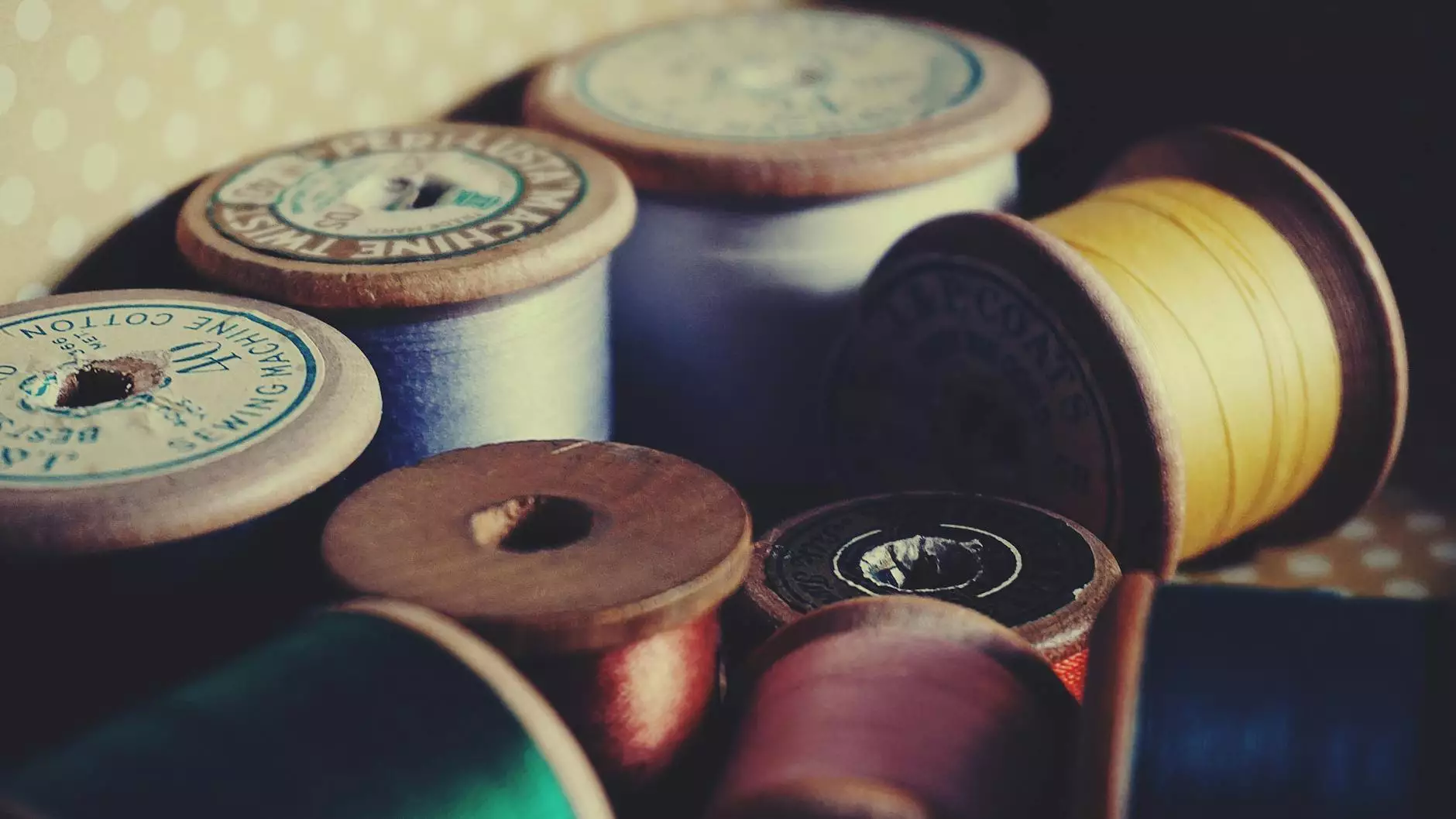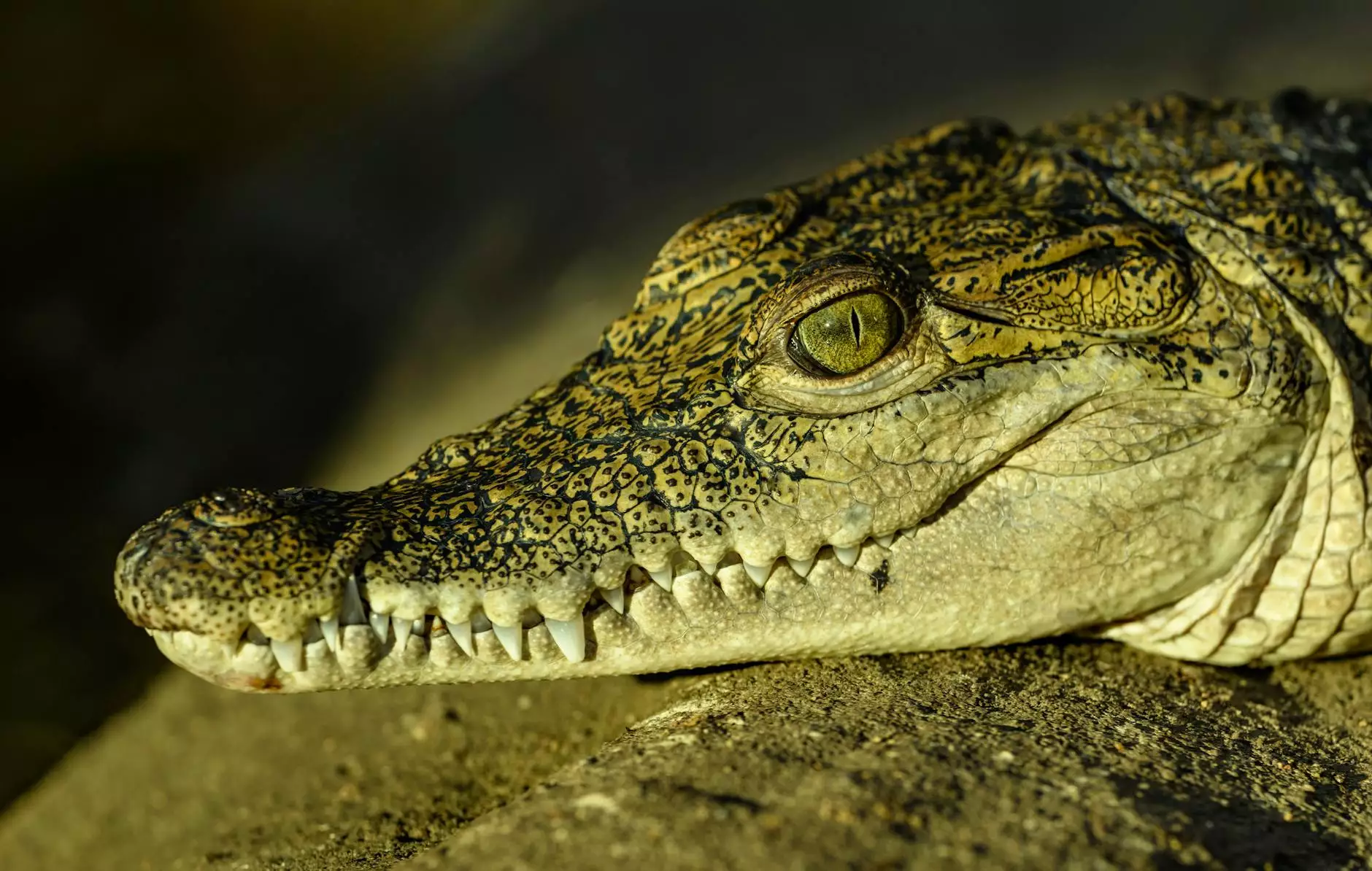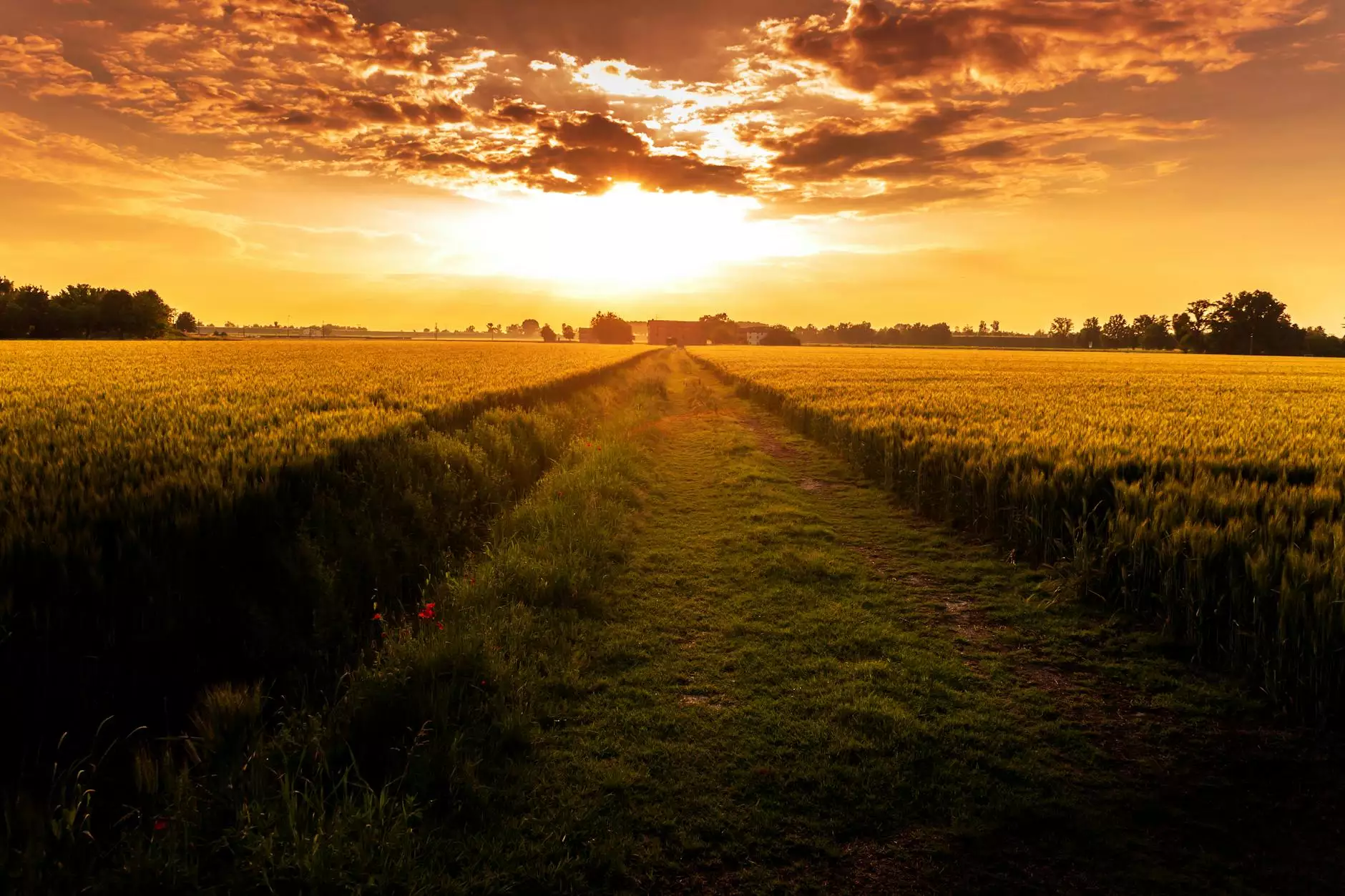The Best Fabric for T-Shirts: A Comprehensive Guide

When it comes to choosing the best fabric for t-shirts, understanding the different materials available and their characteristics can make a significant difference in comfort, durability, and overall satisfaction. Whether you're looking for something to wear casually, for athletic endeavors, or for custom printing, this guide will provide you with the information you need to make an informed decision. At customtshirtshop.au, we specialize in T Shirt Printing in Australia, and we know that the fabric choice is just as important as the design itself.
Why Fabric Choice Matters
Selecting the right fabric for your t-shirts is essential for several reasons:
- Comfort: The right fabric will feel good against your skin and allow for breathability.
- Durability: High-quality fabrics can withstand wear and tear, maintaining their shape and color over time.
- Print Quality: Some fabrics hold prints better than others, which is crucial for custom designs.
- Cost-Effectiveness: Choosing the right fabric can save you money in the long run by reducing the need for replacements.
Types of Fabrics for T-Shirts
Here are some of the most popular fabrics used in t-shirt manufacturing:
1. Cotton
Cotton is perhaps the most popular fabric for t-shirts. It’s known for its softness, breathability, and comfort. Cotton is an excellent choice for casual wear and is natural, making it hypoallergenic for those with sensitive skin. There are various types of cotton fabrics:
- Combed Cotton: Extra soft and smooth, made from fine cotton fibers.
- Organic Cotton: Grown without pesticides or synthetic fertilizers, making it environmentally friendly.
- Pima Cotton: A superior variety of cotton known for its exceptional quality, softness, and luster.
2. Polyester
Polyester is a synthetic fiber that is known for its durability and resistance to shrinking and stretching. It's often blended with cotton to combine the breathability of cotton with the durability of polyester. This blend is extremely popular for activewear and can handle moisture very well, making it suitable for sports and outdoor activities.
3. Cotton-Polyester Blends
A cotton-polyester blend offers the best of both worlds—softness from cotton and durability from polyester. This blend is often used in custom t-shirt printing as it holds ink well, providing vibrant colors and precise details. It also resists wrinkling and fading.
4. Tri-Blend Fabric
Tri-blend fabrics typically comprise cotton, polyester, and rayon. This combination results in a soft, lightweight fabric with a unique texture and a vintage feel. Tri-blend t-shirts drape exceptionally well, making them a favorite for fashion-forward brands and custom designs.
5. Rayon
Rayon is a semi-synthetic fiber known for its luxurious feel, drape, and breathability. While it offers a soft texture and comfortable wear, it may not be as durable as cotton or polyester and is prone to wrinkles. It’s often blended with other materials to enhance durability while retaining its silky feel.
6. Bamboo Fabric
Bamboo fabric is an eco-friendly alternative to traditional cotton. It’s incredibly soft, breathable, and has natural antibacterial properties, making it a great choice for t-shirts worn in warm climates or for active wear. Bamboo is also biodegradable, adding to its appeal for environmentally-conscious consumers.
Choosing the Right Fabric for Your Needs
Your choice of fabric will depend largely on the intended use of the t-shirt and personal preference.
Casual Wear
If you’re looking for everyday wear, cotton or a cotton-polyester blend would be ideal. They provide comfort and breathability, perfect for casual outings.
Activewear
For athletic purposes, fabrics like polyester or blended materials are recommended due to their moisture-wicking properties and durability.
Fashion-Forward Styles
If style and texture are your priorities, consider tri-blends or bamboo fabrics for a soft, luxurious feel that’s comfortable and trendy.
Environmental Impact of T-Shirt Fabrics
As consumers become more aware of their environmental footprint, it's essential to consider the sustainability of t-shirt fabrics:
- Organic Cotton: Uses fewer chemicals in its production, making it better for the environment.
- Bamboo: Grows quickly without the need for pesticides, thus reducing environmental damage.
- Recycled Polyester: Made from post-consumer plastic bottles, turning waste into wearable products and reducing reliance on virgin polyester.
Understanding Fabric Weight and Its Importance
Fabric weight is another essential factor to consider, typically measured in grams per square meter (GSM). Here’s how fabric weight impacts t-shirt quality:
- Lightweight (100-150 GSM): Often used for summer wear. They are comfortable and allow for breathability.
- Medium Weight (150-200 GSM): The most common weight for t-shirts, providing a balance between comfort and durability.
- Heavyweight (200+ GSM): These are more durable and less prone to damage but can be less breathable.
Care Instructions for Different Fabrics
Proper care can extend the life of your t-shirts, regardless of the fabric. Here are some tips for various types of fabrics:
- Cotton: Machine wash in cold water and tumble dry on low heat to avoid shrinking.
- Polyester: Wash with like colors in warm water, and avoid bleach to maintain color integrity.
- Rayon: Hand wash or dry clean to prevent damage, as it's not as durable as other fabrics.
- Bamboo: Gentle wash and air dry to maintain its softness and prevent shrinking.
Conclusion: Finding the Best Fabric for Your T-Shirts
Choosing the best fabric for t-shirts involves understanding your needs, considering comfort, durability, and style while also being mindful of the environmental impact. At customtshirtshop.au, we offer a wide selection of t-shirts made from various fabrics tailored to your custom printing needs in Australia. Whether you're designing apparel for a sports team, corporate branding, or personal use, we’re here to help you find the perfect fabric that meets your specific requirements. Remember, a great t-shirt starts with the right fabric, and the right fabric makes all the difference!
best fabric for t shirts


